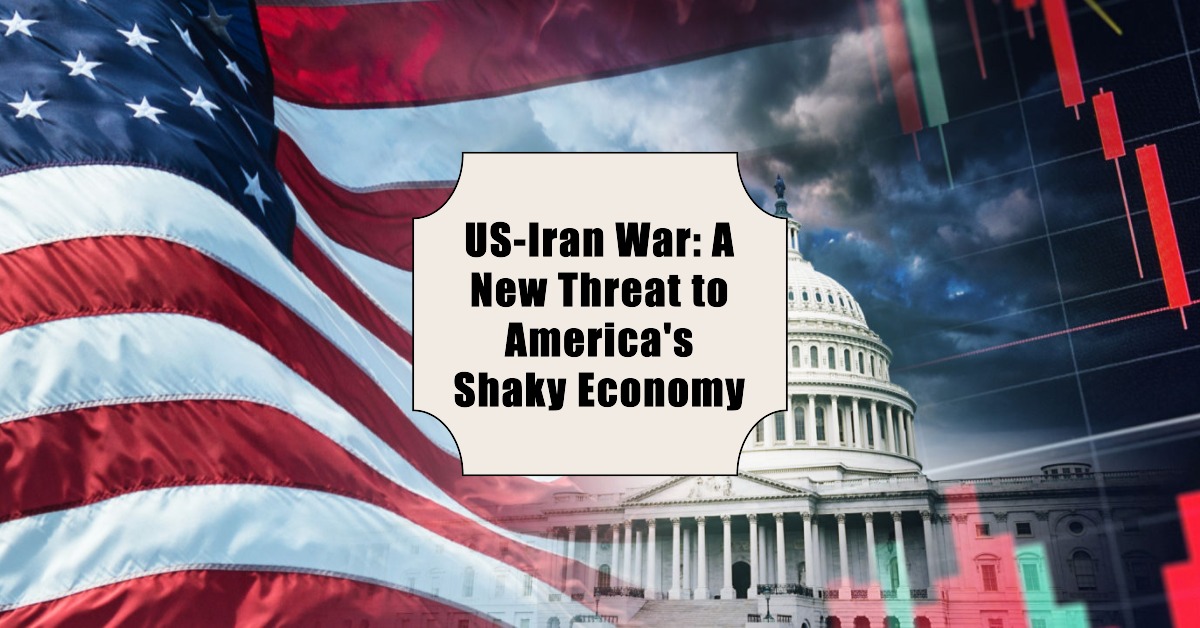T
he US economy is on shaky ground, and a war with Iran could be the tipping point that sends it into a full-blown crisis. The country's GDP has contracted, trade wars are ongoing, and there's a looming recession. The June 2025 strikes on Iranian nuclear facilities have escalated tensions, and the situation is extremely tense.
Iran's parliament is considering shutting down the Strait of Hormuz, a critical oil shipping route, which could send shockwaves through the global economy. The US economy was already fragile before any bombs started dropping, with several factors in play: GDP contraction, trade tensions, recession risks, market volatility, and reduced consumer and business confidence.
A war with Iran would likely hit the US economy in several ways: oil price spikes, increased military spending, market uncertainty, global trade disruptions, and fiscal and monetary policy challenges. The Federal Reserve is in a tough spot, and higher oil prices could cause inflation, while increased government borrowing could limit the government's financial options.
The war poses specific risks that could exacerbate the economic crisis, including exacerbating recession risks, inflation pressures, currency fluctuations, and reduced confidence. Expert opinions are showing substantial concern about the US-Iran conflict, with warnings from Al Jazeera and CNN Business that the global economy could face shock due to trade disturbances.
Policymakers need to proceed with caution to reduce risk and prevent further economic issues. The potential for higher oil prices, increased military spending, market volatility, and trade disruptions could make the economic crisis even worse, potentially pushing the US into recession or a financial crisis.















